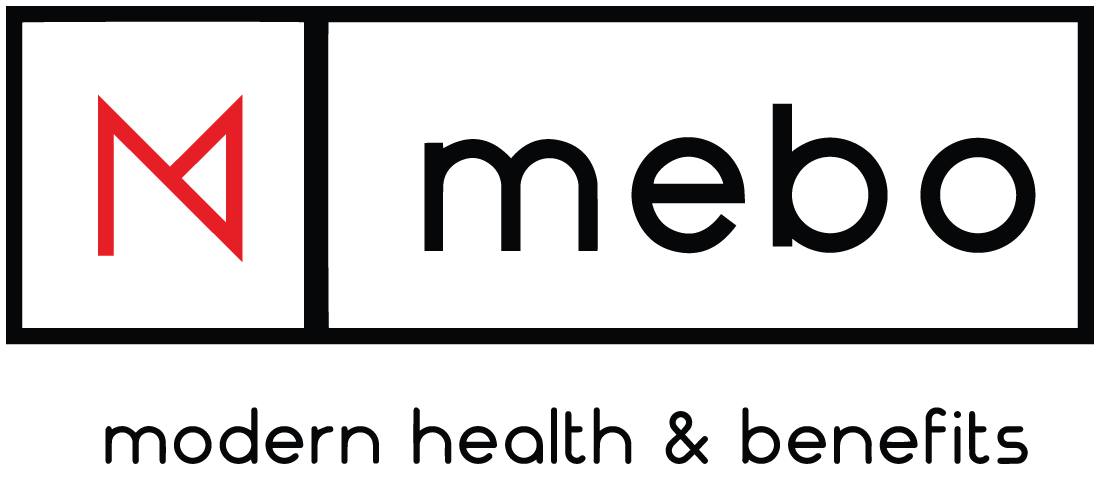Understanding Prescription Drug Pricing Trends
Employers often find it difficult to manage their healthcare expenses. Unfortunately, fluctuating prescription drug prices can make this process even more complicated.
According to Statista, Americans spent 358.7 billion dollars on prescription drugs in 2020. This was an increase of 13 billion dollars from the previous year. Prescription drug spending makes up 10% of national healthcare costs. Although this number seems relatively low, prescription drug spending has increased rapidly in recent years. This makes prescription drug spending an important factor for employers to consider when deciding on their employee health plan.
Specialty Drugs
Rising specialty drug prices remain one of the biggest drivers of prescription drug spending. These high-cost oral or injectable medications are used to treat a variety of complex chronic conditions. The average annual cost of treatment using specialty prescription drugs totaled $78,871 per drug, per year in 2017.
Although specialty drugs make up a smaller portion of prescriptions, this may change in coming years. Around 66% of the drugs approved by the FDA in 2019 were specialty drugs. It seems that these drugs may soon replace lower-cost therapies for many conditions.
Price Increases
In 2020, drug makers increased prices by approximately 5% on more than 860 drugs. In January 2021, several drug makers announced they would raise prices on over 300 drugs in the United States. These increases occurred as drug makers struggle to remain profitable throughout the COVID-19 pandemic. Over the past year, people have limited their visits to the doctor, causing a decrease in demand for certain drugs.
Unfilled Prescriptions
According to the Journal of General Internal Medicine, as many as 31% of prescriptions go unfilled each year. This is bad news for employers, as employees that do not take the advice of their physician could experience more serious and costly problems in the future.
According to OptimizeRx, 73% of physicians base their prescribing decisions on the out-of-pocket cost of prescription drugs. An astounding 70% of physicians believe the high cost of prescription drugs leads to unfilled prescriptions. It’s not surprising that patients are less likely to fill prescriptions with a high co-pay.
What Can Employers Do to Control Prescription Drug Spending?
Rising prescription drug costs may lead to sticker shock for both employees and their employers. Fortunately, there are a few things employers can do to manage their healthcare spending.
Employers need to educate employees about their health insurance coverage, prescription options, and best practices. This not only helps reduce healthcare costs, but also helps employees better understand their health benefits and coverage.
Employers worried about rising prescription costs may also want to consider other health plan options. Switching to a level-funded health plan can help keep prescription drug costs in check, while ensuring adequate coverage for employees. However, it’s important that employers fully evaluate their needs before switching their employee health plan. Employers could benefit from contacting an experienced employee benefit specialist.








